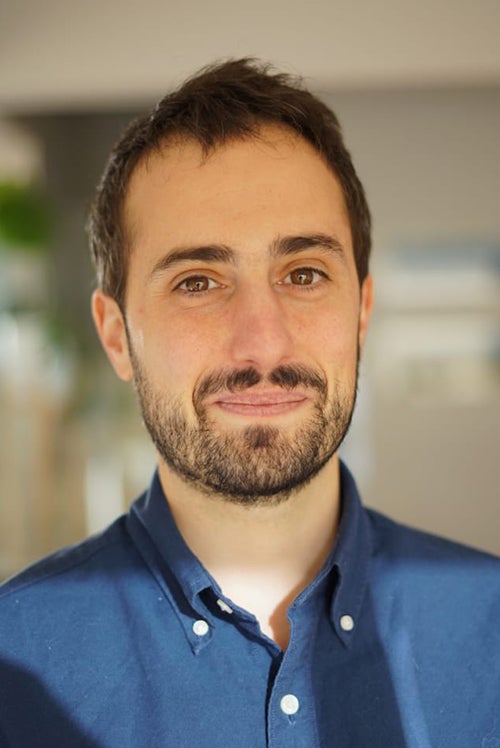Department of Epidemiology
Learn how we advance public health globally by researching the frequency, distribution, and causes of human disease, and shaping health policies and practices.
677 Huntington Avenue
Kresge, 9th Floor,
Boston, MA 02115
New Faculty Q&A: Alejandro Szmulewicz
On January 1, 2025, the Department of Epidemiology welcomed Alejandro Szmulewicz as Assistant Professor of Epidemiology! Learn more about Szmulewicz in the following Q&A.

I wanted to confront global and social problems related to individuals living with mental health conditions. The public health field thus, feels right for me.
What led you to epidemiology? What is it about the field that attracts you?
Soon after finishing my psychiatry residency in Buenos Aires, Argentina, I realized that specifically focusing on single-patient issues was not my overall ambition. Instead, I wanted to confront global and social problems related to individuals living with mental health conditions. The public health field thus, feels right for me. I believe that in order to improve the health of patients affected by mental health disorders not only from an individual but also from a population-based standpoint, both good clinical practice and clinical research activities are warranted.
Can you tell us a little about your research background? How did you get started in your current field?
I first came to the Harvard Chan School in 2017 to do a Master of Public Health (MPH) program with a focus in Quantitative Methods (QM). Under the mentorship of Krista Huybrechts, I gained experience with administrative healthcare data, and pharmacoepidemiologic methods. I have a strong interest in further clarifying the safety of antipsychotics and antidepressant agents. After my MPH, I started a PhD at the CAUSALab. Since then, I focused my research in using causal inference methods in large health databases, data from randomized trials, and global consortia of clinical data to answer important clinical questions about the prevention and treatment of mental health conditions.
What questions/problems are you working on that you are most excited to explore?
I am now focused on studying interventions that can alter the prognosis of adolescents and young adults experiencing their first episode of psychosis, interventions that can reduce suicide risk, finding better treatments for individuals living with opioid use disorder, and ways to personalize treatment in major depressive disorder.
What plans do you have for the first few years of your new role in our department?
My goal is to further develop a data infrastructure that would allow us to investigate the comparative effectiveness and safety of different interventions in mental health. This includes incorporating information from unstructured sources (e.g., free text from clinical notes) into electronic health records data as well as organizing research cohorts with novel data features (e.g., symptom severity, suicidal thoughts, frequency and intensity of substance abuse).
Can you tell us one thing (e.g hobbies/interests) that colleagues may not know already about you?
I enjoy cooking (especially Argentinian asado) and playing hide-and-seek with my 3-year-old son, Milo!
-Coppelia Liebenthal